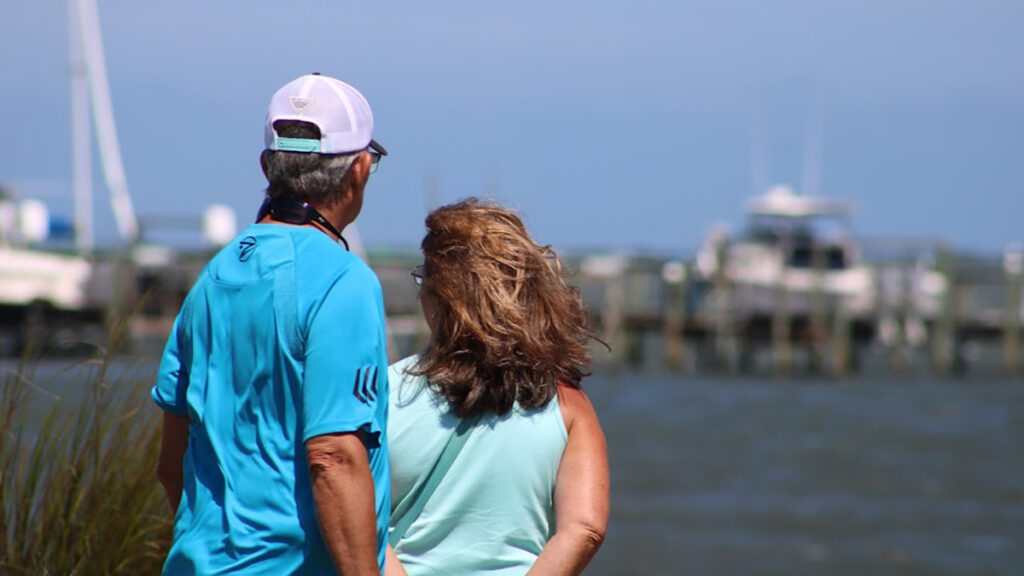Florida Governor Ron DeSantis recently declared the initial recipients of funding from the newly established Indian River Lagoon (IRL) Protection Program.
This initiative, part of Executive Order 23-06 proposed by the Governor, is allocating $100 million in state funds to support 21 key water quality projects. These projects aim to reduce harmful nutrient influx into the IRL, which is vital for maintaining the waterways that bolster the state’s reputation as a prime location for boating and fishing. The funding is expected to enhance the IRL’s condition, offering long-term benefits for Floridians and their environment.
“Florida’s prized waterways draw visitors from across the world and are the foundation of our local economies,” said Governor Ron DeSantis. “We are advancing our efforts to protect the Indian River Lagoon through smart investments that will continue to preserve this waterway.”
Locally, several areas will benefit significantly:
- Brevard County will receive $900,000 for septic-to-sewer upgrades, some for the project in Micco.
- City of Vero Beach will receive $5 million for its Water Reclamation Facility Advanced Wastewater Treatment Construction Project.
- Indian River County will receive $3.3 million for its Hobart Landing Septic-to-Sewer Project.
- Indian River County will also receive $7.4 million for its Orchid Island Estates Septic-to-Sewer Project.
In 2020, the City of Sebastian had previously allocated $200,000 for a septic-to-sewer grant, aiding homes and businesses within the Sebastian Community Redevelopment Agency (CRA) in transitioning. However, not all eligible businesses took advantage of this grant, such as the No Name Sports Bar in Sebastian, which now faces potential fines if not connected to the available sewer hookup by February 8, 2024.
Additionally, a significant project in Brevard County converting septic systems to sewer was initiated for the Micco project in 2022. The next phase, Phase 2, is planned to expand this project southward, converting local businesses like Chubby Mullet and Outriggers Bar & Grill into the initiative.
There’s a statewide push to ban septic tanks by 2030. However, this mandate has raised concerns among local officials in Sebastian and Indian River County regarding its feasibility and financial implications.
Mayor Ed Dodd expressed concerns about the economic burden the mandate places on homeowners, a worry echoed by the Sebastian City Council and the Indian River County Board of County Commissioners. The cost for homeowners to transition could reach up to $30,000.
In response, Dodd proposed a timeframe for the county utility department to achieve sewer connectivity from 2045 to 2050. He suggested a detailed 20 to 25-year plan to be overseen by the Florida Department of Environmental Protection (DEP), aiming for completion by 2030. There are active discussions about offering financial support to homeowners in the form of grants.
These proposals and discussions are part of a broader effort to address the challenges and timelines associated with the sewer system connectivity and to alleviate the financial impact on homeowners. Sebastian residents say they support the move to address the issue but face challenges securing the necessary funds without a grant.
At the same time, environmentalists say the significance of these projects and banning septic tanks is to enhance the water quality in the Indian River Lagoon.
